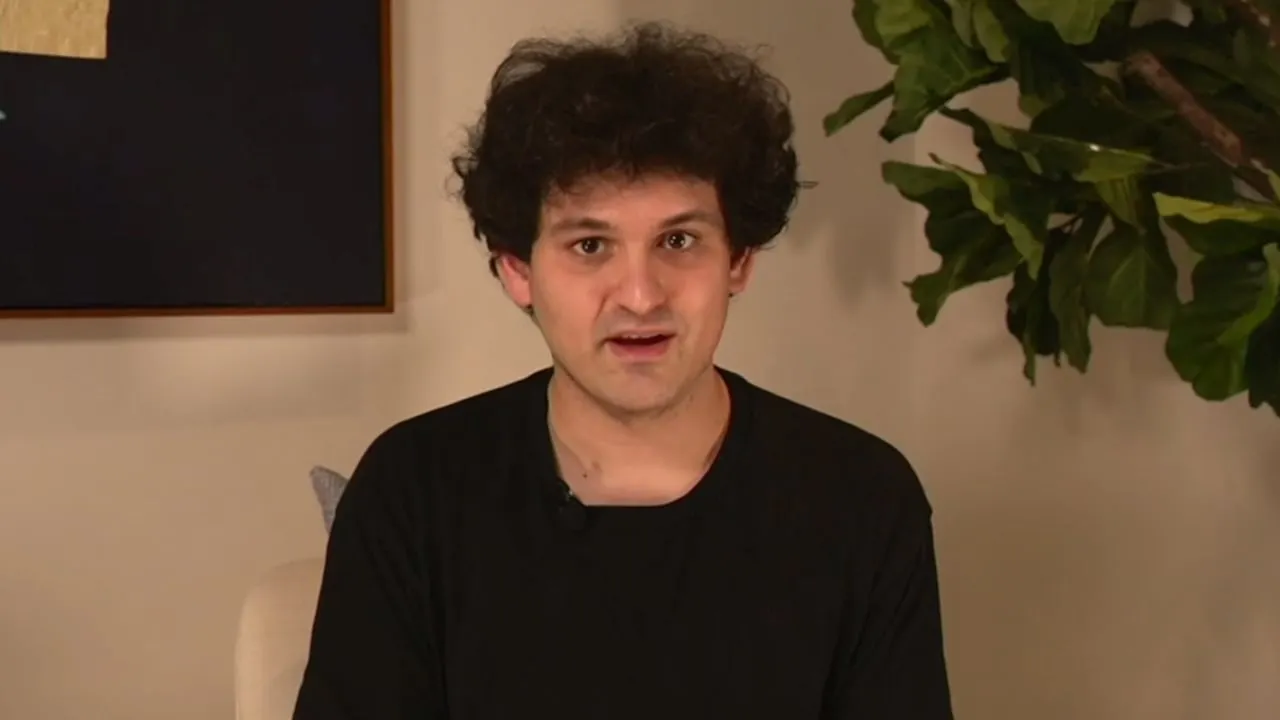Lawyers for disgraced crypto mogul Sam Bankman-Fried are requesting a judge ease conditions on some visitors to his parents’ home in the run-up to his criminal trial.
In a filing submitted to Manhattan federal judge Lewis Kaplan on Thursday, Christian Everdall, a lawyer for Bankman-Fried, asked that Kaplan grant permission to a list of guests to visit his family’s home in Palo Alto, California where he currently is under house arrest.
Bankman-Fried is facing prosecution for his role in the collapse of his crypto exchange, FTX, and trading firm, Alameda Research last November. He is facing a litany of allegations, which include wire fraud, money laundering, and campaign finance violations.
Everdall filed the list of potential guests under seal, but he said it includes “close friends and colleagues of Bankman-Fried’s parents and household help.” He added that the guests have already agreed to play by the rules.
“These individuals are aware of and will abide by Mr. Bankman-Fried’s bail conditions, including the prohibition on sharing ‘Prohibited Electronic Devices’ ," wrote Everdall. Those devices include smartphones, tablets, computers and any video game platforms or devices that allow chat and voice communication.
Per Bankman-Fried’s bail agreement, a security guard needs to be present to scan visitors for prohibited devices and ensure they sign an electronic visitor log. These conditions can only be waived if someone has been granted pre-approval from the court.
Since being released into his parents’ custody, authorities have been cautious about what kind of access to the outside world should be permitted to Bankman-Fried.
In February, Kaplan granted permission to federal prosecutors to forbid Bankman-Fried from using the encrypted-messaging service Signal due to its auto-delete function for fear of potential witness tampering. Prosecutors have also pushed to install spyware on the phones of Bankman-Fried’s parents, something that proved difficult for Bankman-Fried’s legal team.
But Everdell told Kaplan in his filing that the government “consents” to his visitor request, and raised no objections to filing the guest list under seal. He argued that privacy considerations outweighed any public interest in denying the motion.

